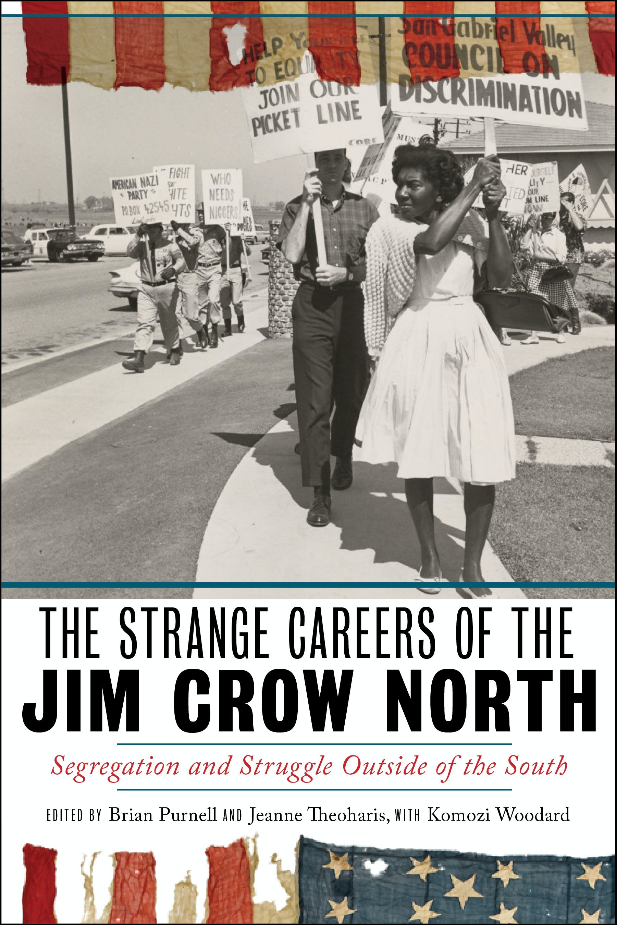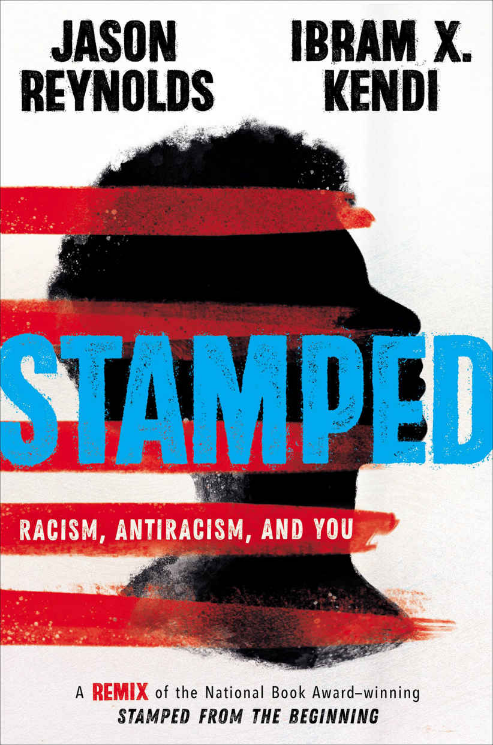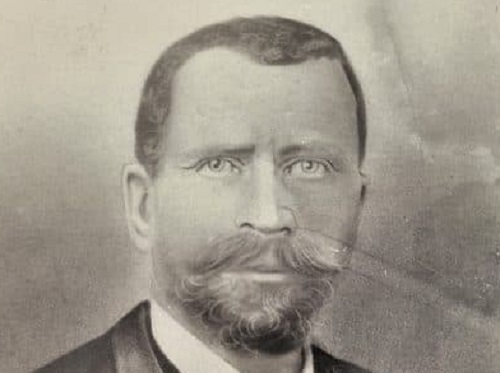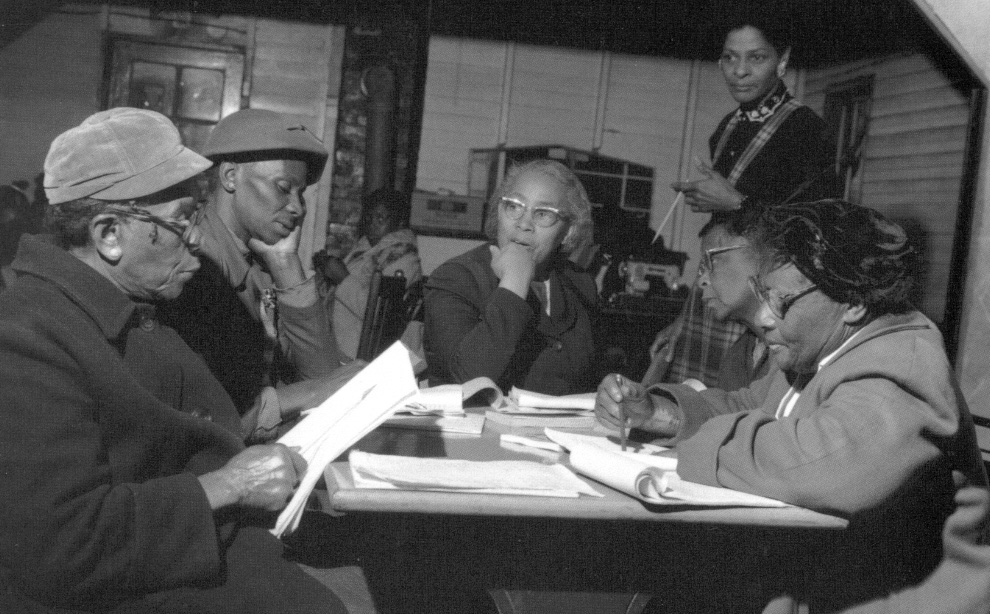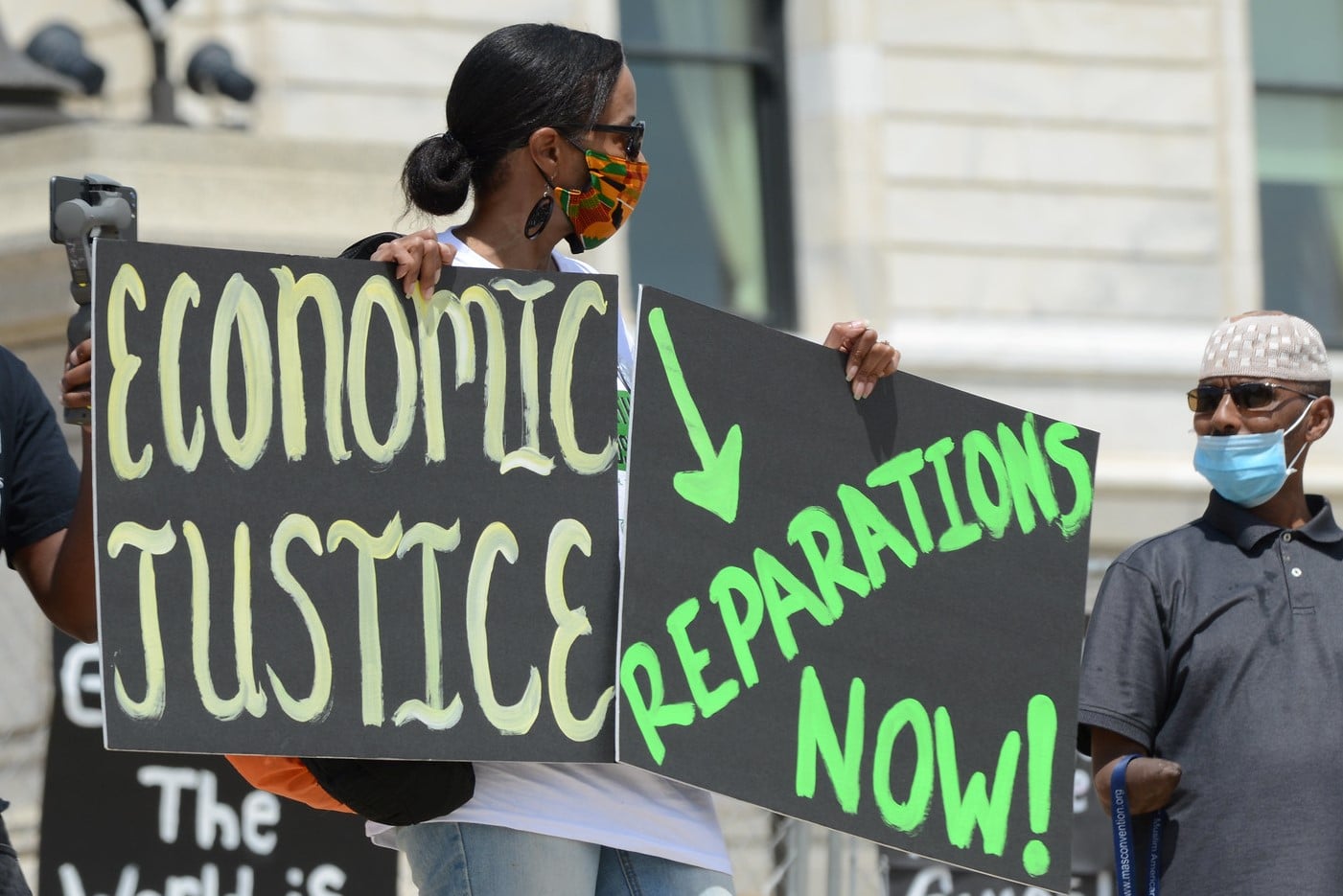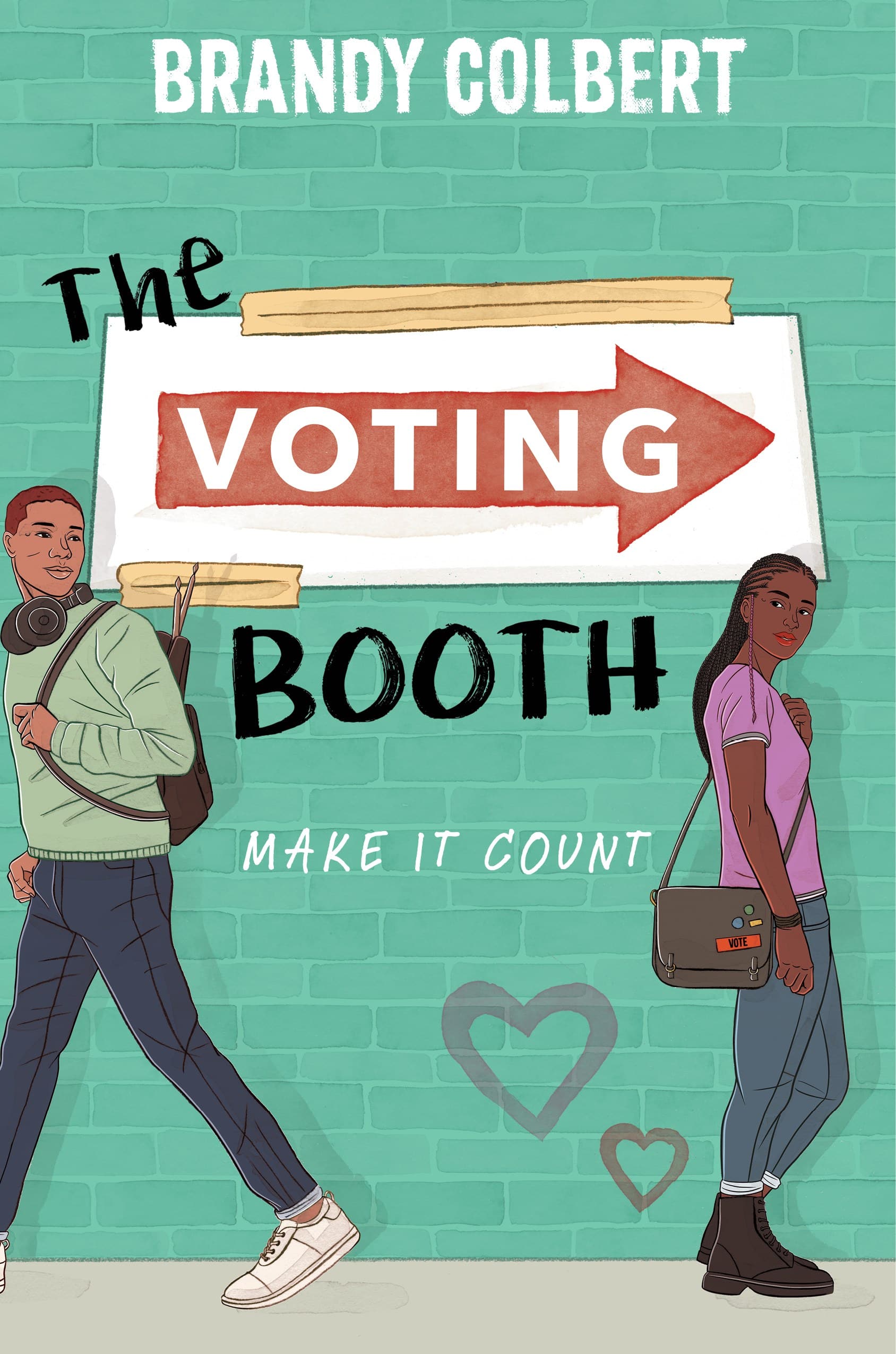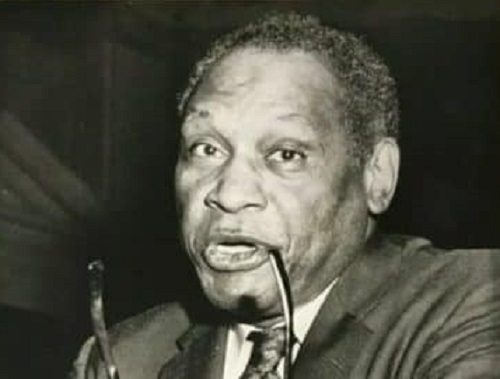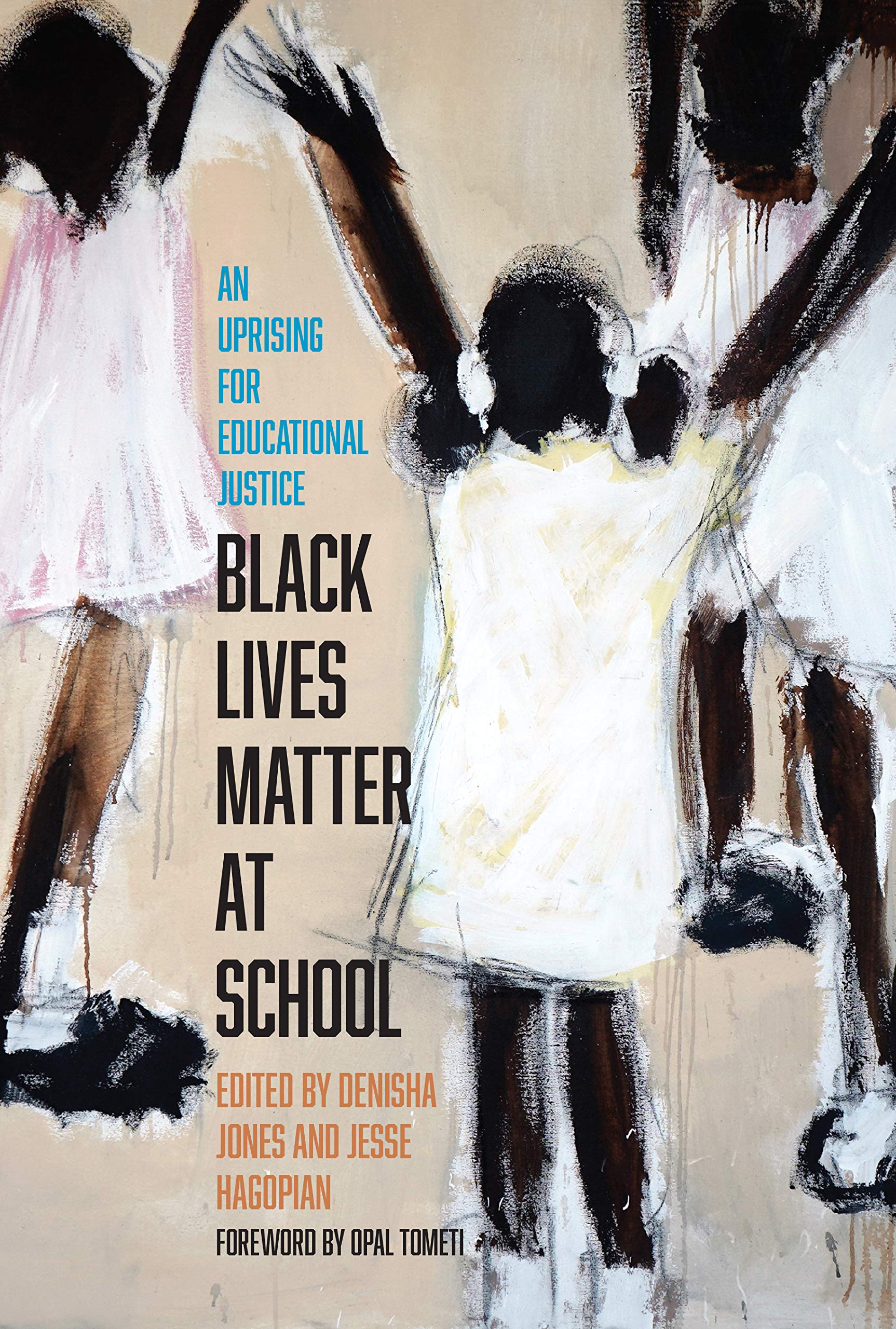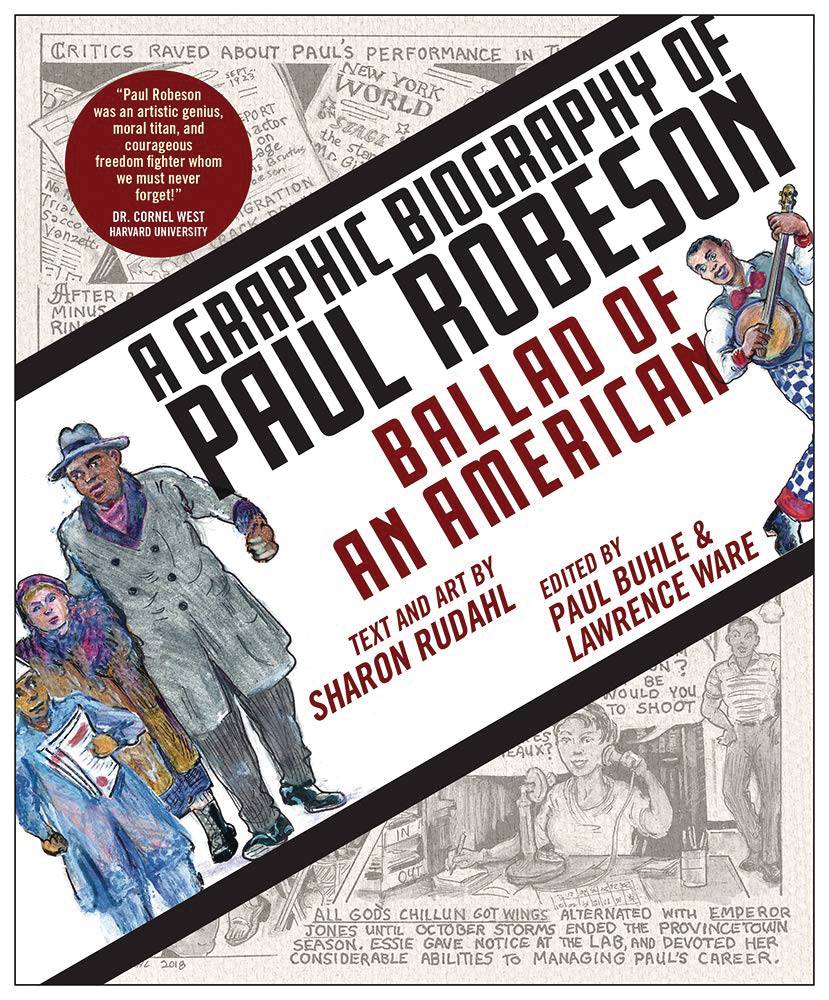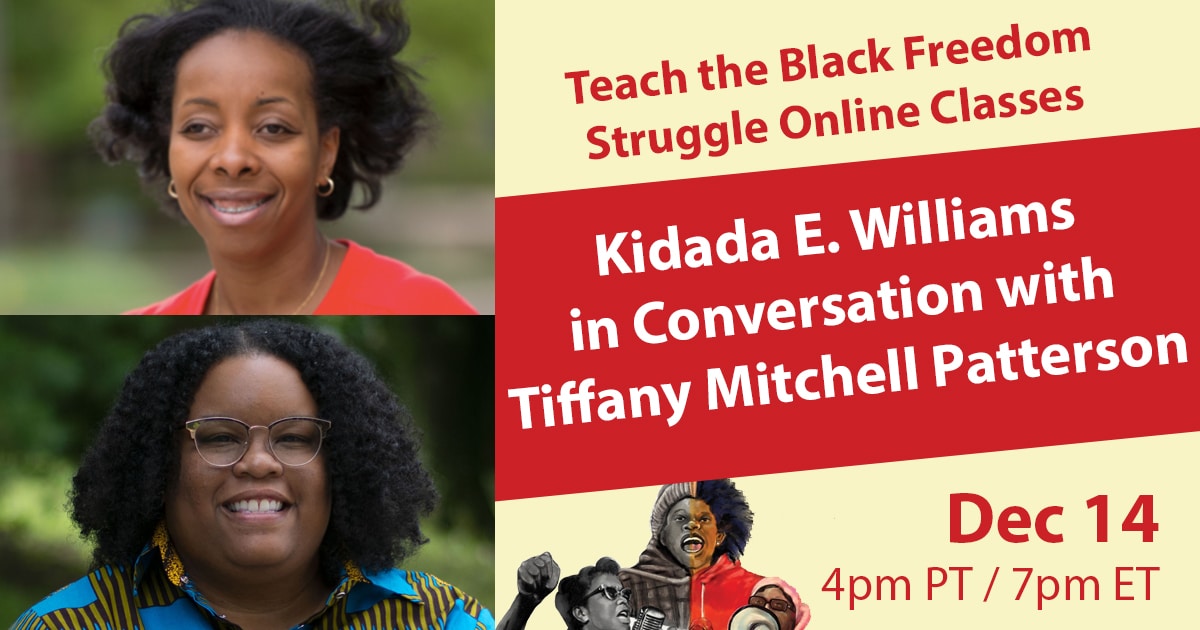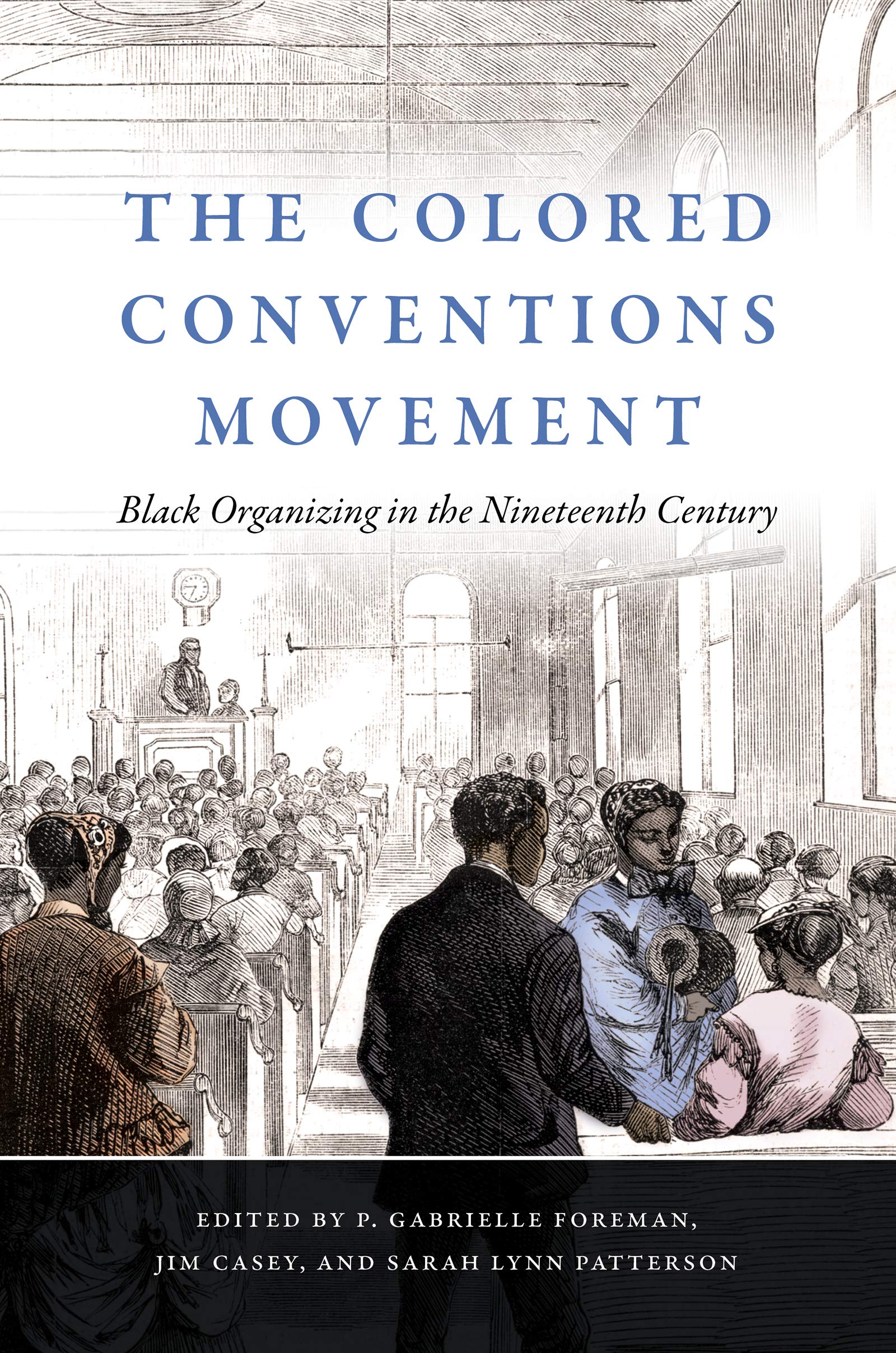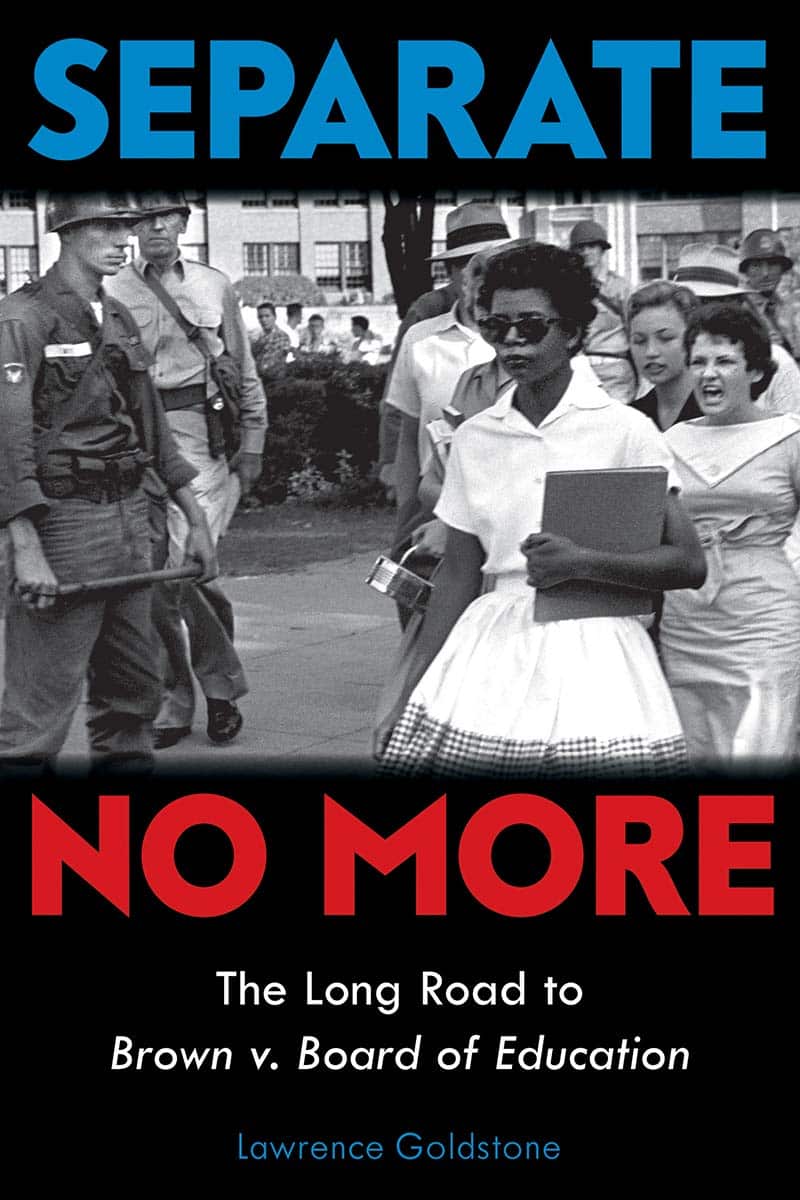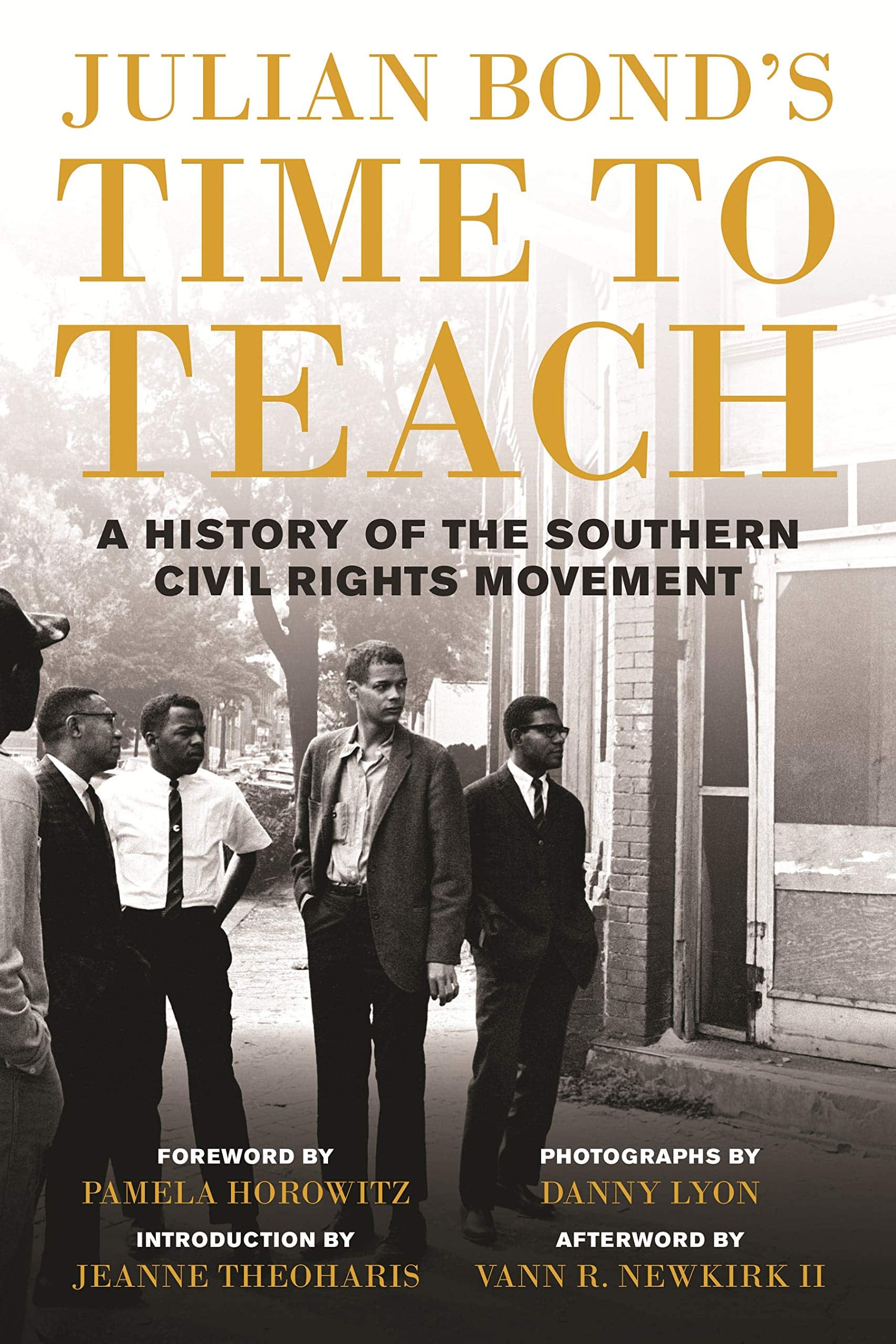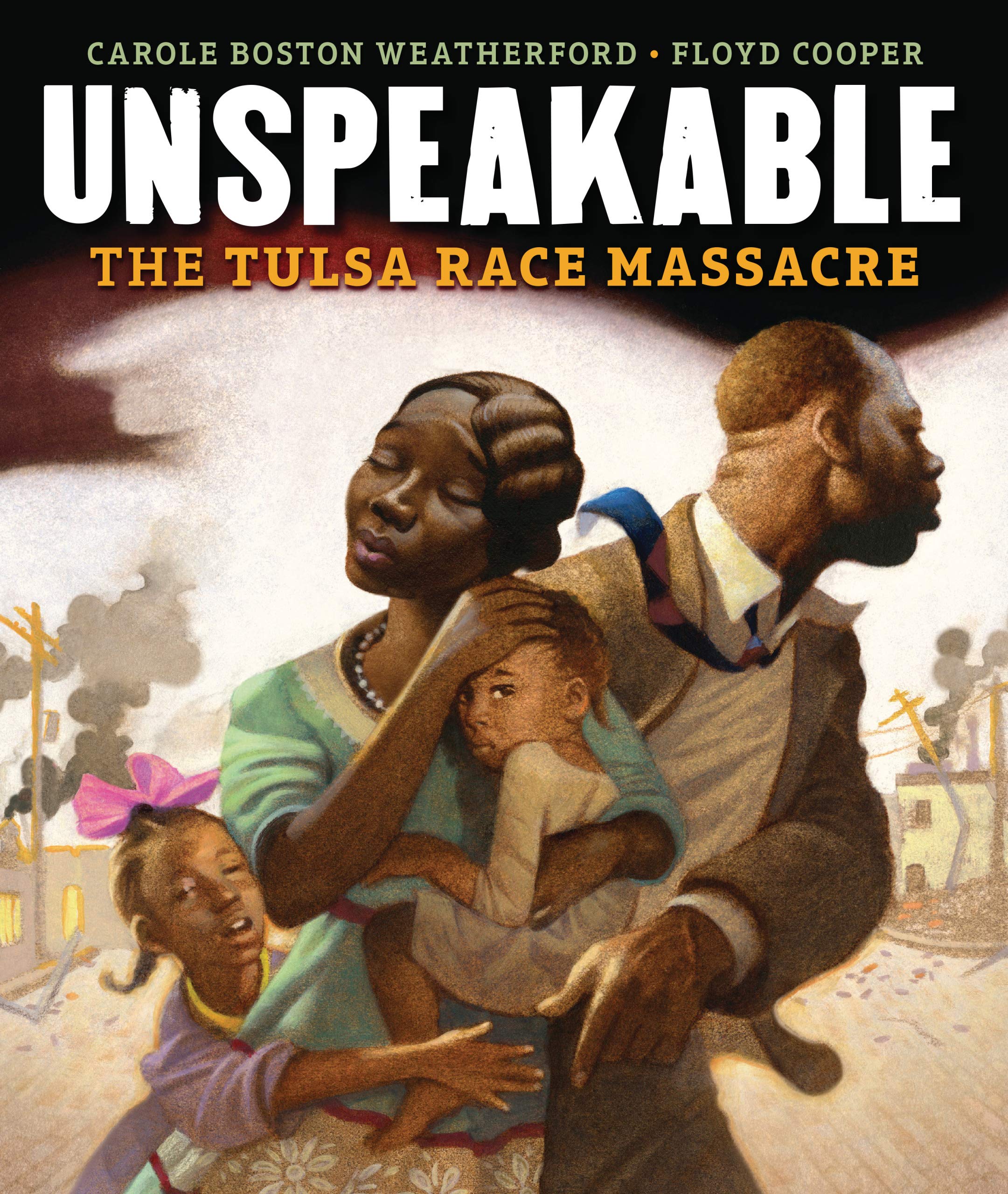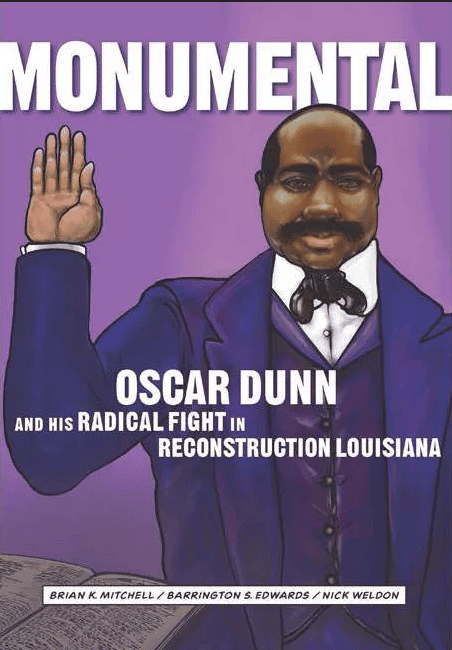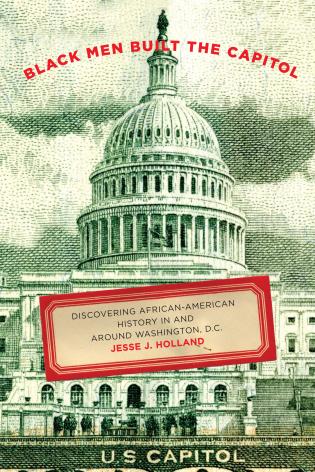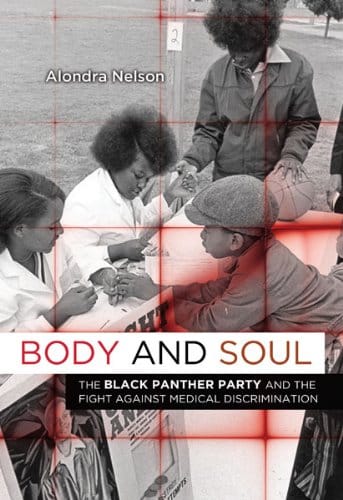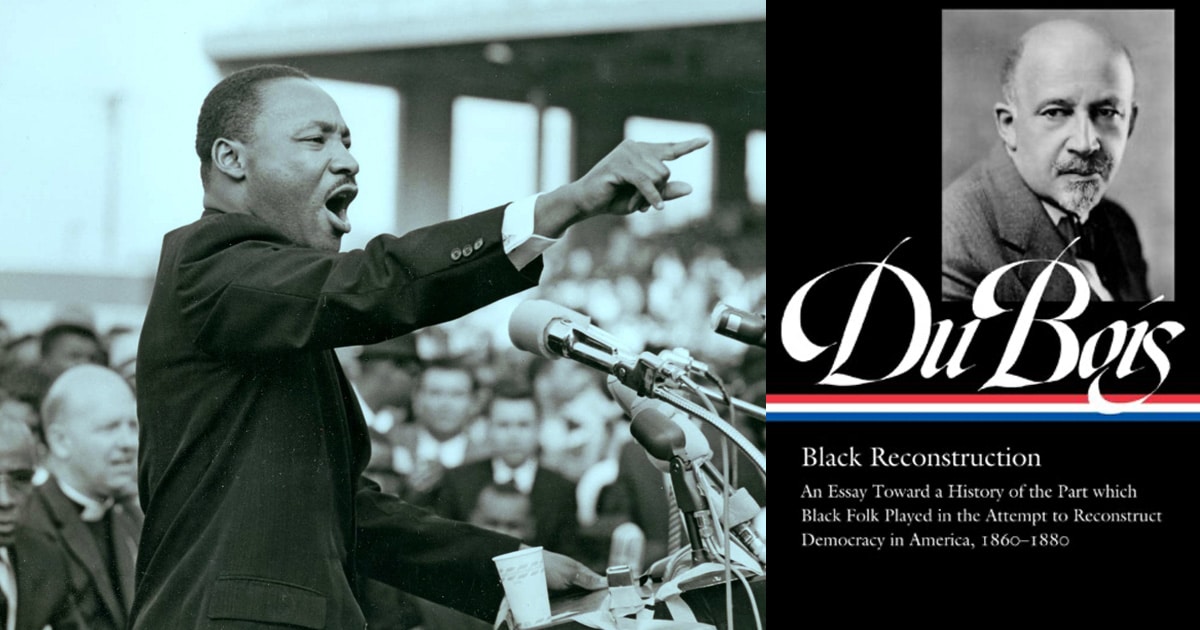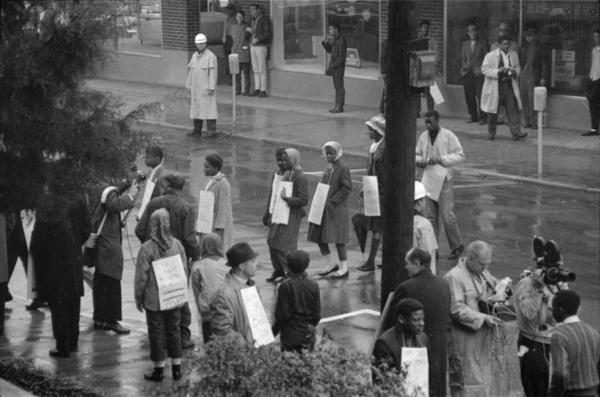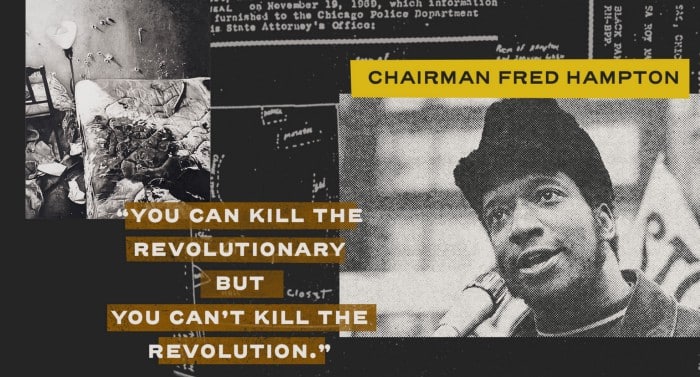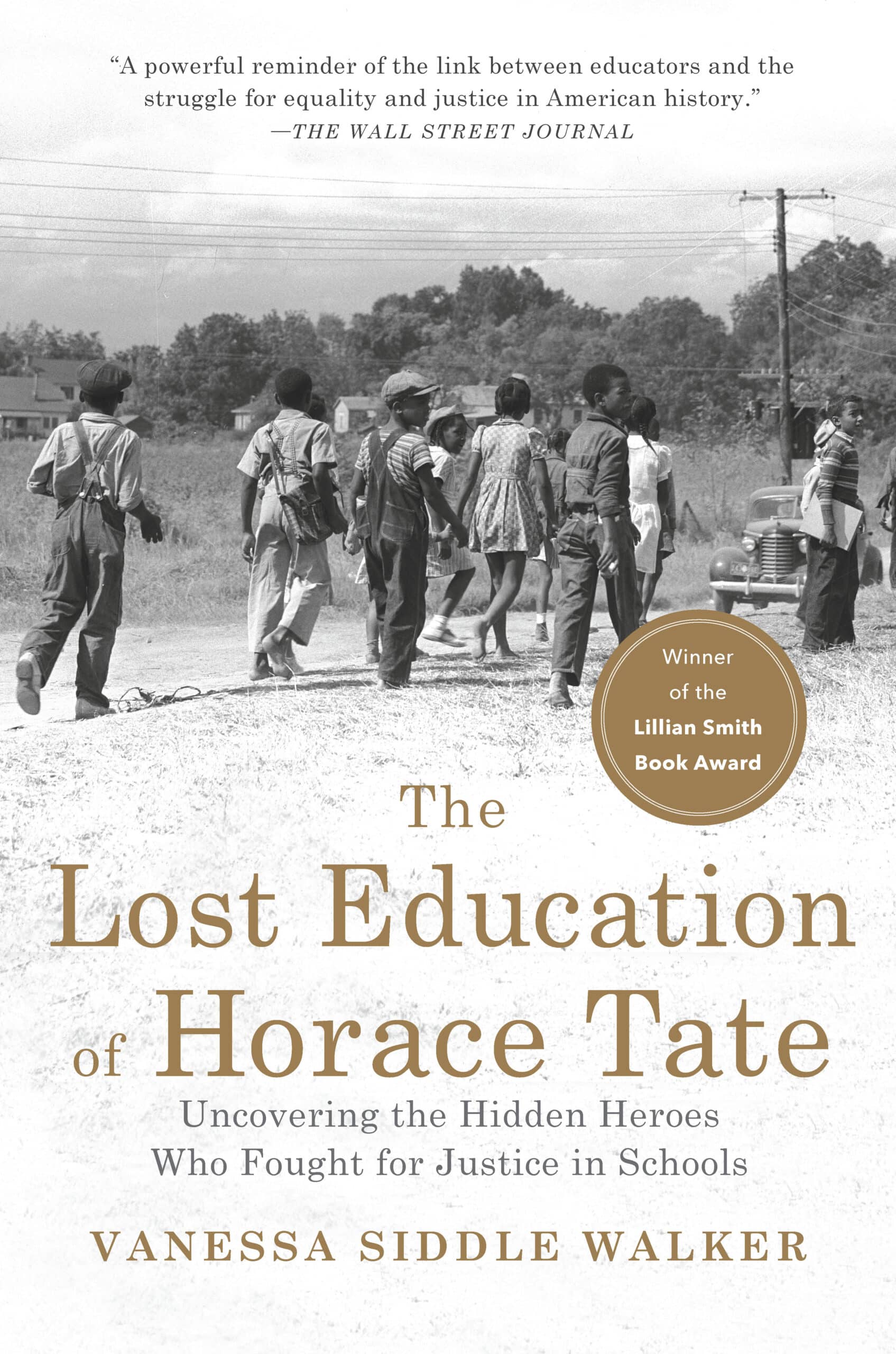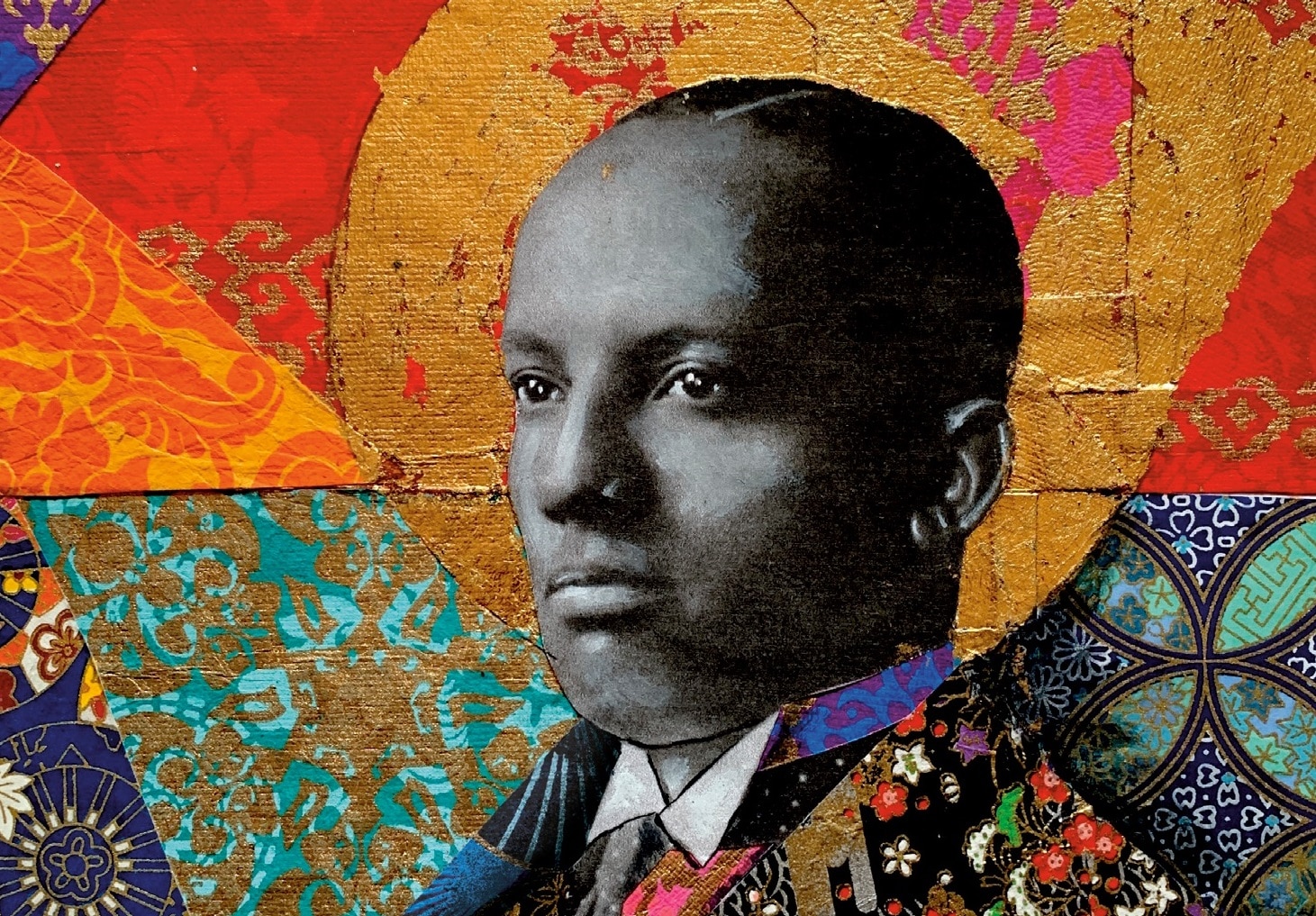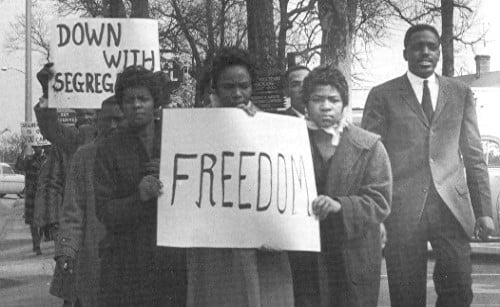Book — Non-fiction. Edited by Brian Purnell and Jeanne Theoharis with Komozi Woodard. 2019. 352 pages.
This important work shows how the Jim Crow North maintained inequality in the nation’s most liberal places, and chronicles how activists worked to undo those inequities born of Northern Jim Crow.
Continue reading
Book — Non-fiction. By Ibram X. Kendi and Jason Reynolds. 2020. 320 pages.
Described as 'Stamped from the Beginning' "remixed," this young adult book brings African American history into sharp focus as context for the here and now.
Continue reading
Walter H. Williams was the first Black teacher appointed to a Freedmen’s Bureau School in Lafayette Parish, Louisiana during Reconstruction.
Continue reading
Film. Directed by Lucy Massie Phenix and Catherine Murphy. 2019. 9 minutes.
Documentary about Citizenship Schools.
Continue reading
Teaching Activity. By Ursula Wolfe-Rocca.
In this activity, students take on the role of activist-experts to improve upon a Congressional bill for reparations for Black people. They talk back to Congress’ flimsy legislation and design a more robust alternative.
Continue reading
Teaching Activity. By Ursula Wolfe-Rocca.
Students explore three documents produced in the wake of three major episodes of racial violence (1919, 1967, 2014) to understand the long trajectory of police violence in Black communities.
Continue reading
Book — Fiction. By Brandy Colbert. 2020. 304 pages.
A novel for high school students that centers on voting rights — weaving in a myriad of voter suppression tactics and the importance of everyone playing a role in fighting for the right to vote.
Continue reading
Paul Robeson testified before the House Committee on Un-American Activities, where he was questioned about his political speech, associations, and party affiliation.
Continue reading
Book — Non-fiction. Edited by Denisha Jones and Jesse Hagopian. 2020.
This collection of writings offers lessons from successful challenges to institutional racism that have been won through the grassroots Black Lives Matter at School movement.
Continue reading
Book — Non-fiction. Written and illustrated by Sharon Rudahl. Edited by Paul Buhle and Lawrence Ware. 2020. 142 pages.
The first-ever graphic biography of Paul Robeson charts Robeson’s career as a singer, actor, scholar, athlete, and activist who achieved global fame.
Continue reading
Book — Non-fiction. By Kidada Williams. 2012. 281 pages.
This book documents African Americans' testimonies about racial violence during Jim Crow, and the crusades against that violence that became political training grounds for the Civil Rights Movement.
Continue reading
In a people's history online class, Professor Kidada Williams and Tiffany Mitchell Patterson discussed African American survivors of racist violence in the context of Reconstruction, drawing parallels to the contemporary moment.
Continue reading
Book — Non-fiction. Edited by Gabrielle Foreman, Jim Casey, and Sarah Patterson. Introduction by P. Gabrielle Foreman. 2021.
This volume of essays is the first to focus on the Colored Conventions movement, the nineteenth century’s longest campaign for Black civil rights.
Continue reading
Book — Non-fiction. By Lawrence Goldstone. 2021.
A portrait of the road to the landmark Brown v. Board of Education case.
Continue reading
Book — Non-fiction. By Julian Bond. Edited by Pam Horowitz and Jeanne Theoharis with an afterword by Vann Newkirk II. 2021. 356 pages.
For over two decades, civil rights activist Julian Bond taught a popular class on the history of the Civil Rights Movement. This book contains the wisdom and teachings from that class.
Continue reading
Picture book. By Carole Boston Weatherford and illustrated by Floyd Cooper. 2021. 32 pages.
This children's book centers the history of the thriving Black community of Greenwood before the 1921 Tulsa Massacre.
Continue reading
Book — Non-fiction. By Brian K. Mitchell, Barrington S. Edwards, and Nick Weldon. 2021. 256 pages.
This Reconstruction history graphic novel tells the story of Oscar James Dunn, a New Orleanian who became the first Black lieutenant governor and acting governor in the United States.
Continue reading
Book — Non-fiction. By Jesse Holland. 2017.
Historic sites along the Mall, such as the U.S. Capitol building, the White House, and the Lincoln Memorial, are explored with a focus on the history of African Americans who built them.
Continue reading
Book — Non-fiction. By Alondra Nelson. 2013.
Drawing on extensive historical research as well as interviews with former members of the Black Panther Party, Alondra Nelson documents the Party’s focus on health care.
Continue reading
Dr. Martin Luther King describes the critical importance of W. E. B. Du Bois's Black Reconstruction to "restore to light the most luminous achievements" of the Reconstruction era.
Continue reading
The Student Nonviolent Coordinating Committee (SNCC) voting rights campaign held a Freedom Day in Hattiesburg, Mississippi.
Continue reading
COINTELPRO and the Black Panther Party are back in the headlines. Let’s also make sure to teach this critical history in our classrooms.
Continue reading
Book — Non-fiction. By Vanessa Siddle Walker. 2018.
This history tells the little-known story of how Black educators in the South laid the groundwork for 1954’s Brown v. Board of Education and weathered its aftermath.
Continue reading
Book — Non-fiction. By Carter G. Woodson, with an introduction by Jarvis Givens. 2023. 224 pages.
Originally released in 1933, The Mis-Education of the Negro continues to resonate today, raising questions about the legacy of slavery and enduring white supremacy.
Teaching Activity by Carter G. Woodson
Continue reading
Police used firehoses to attack South Carolina college students engaged in a peaceful protest against segregation. The judge sends their NAACP lawyer to jail for “pursuing his case vigorously.”
Continue reading

